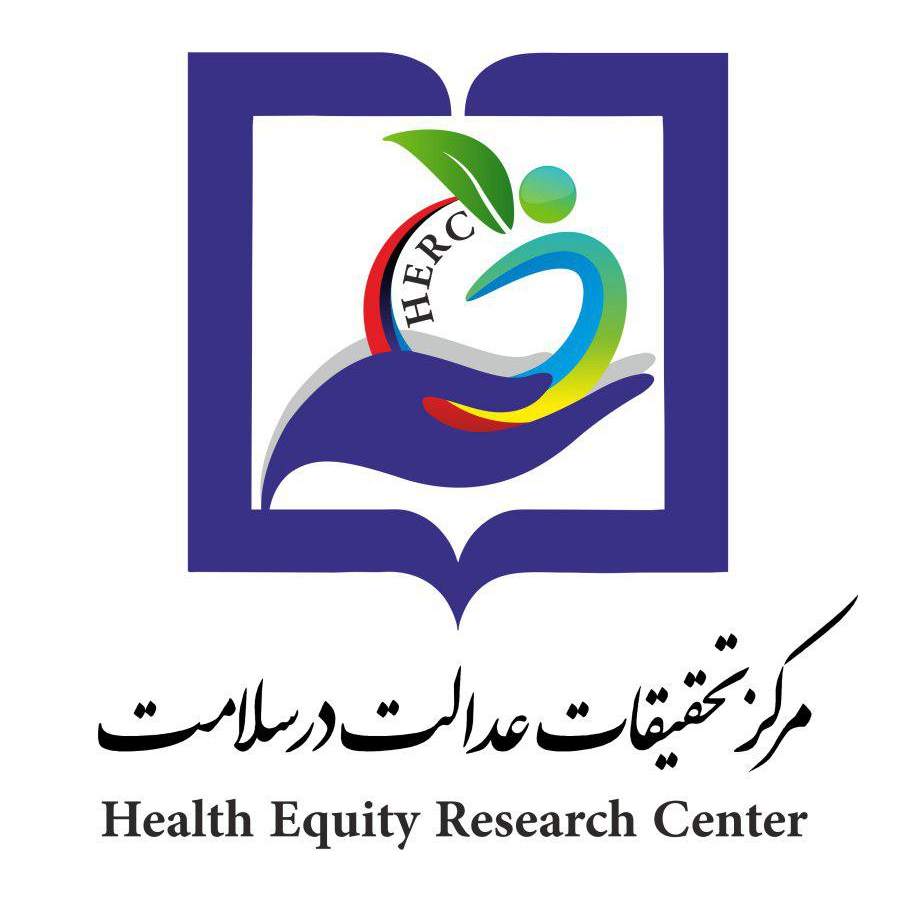Abstract
Introduction
The aim of this study is to measure the validity of Iran’s health system resilience evaluation tools, and to present a comprehensive model for qualitative analysis of such tools during the COVID-19 pandemic.
Methods
This mixed study was conducted by questioning 10 of renowned experts of the field and validity of their answers was measured by comparing them to the results of an online survey of 178 of the health sector’s players. Resilience was measured in 5 different perspectives and 31 indexes using Likert scale.
Results
The mean resilience was measured to be 08.41 (%) on average and the mean (standard deviation) of its five perspectives including knowledge 2.39 (21), variety 7.38 (21), self-regulation 36 (6.20), integrity 9.39 (5.21), and adjustment 2.41 (8.21). The analysis revealed that the 5 perspective measurement was a right way of evaluating.
conclusions
The most resilience was observed in adjustment and the least in self-regulation which shows that the health sector is insufficient and in need of modifications in engaging private sector and developing a conditional service provision system. The questioner can be used as a standard tool for measuring system resilience.
Language: Farsi/Persian



No responses yet